
NALEO members get a preview of eight Democratic Presidential Candidates
The first Democratic presidential debates take place in Miami tonight, June 26, and tomorrow, June 27, and will feature 20 candidates. Members of the National Association of Elected and Appointed Officials (NALEO) got an early preview last week when eight of the Democratic presidential candidates participated in a forum at Spanish-language Telemundo headquarters in Doral, Florida.
The eight who spoke to NALEO members were: Julian Castro, the only Latino and former Secretary of Housing and Urban Development under President Obama; Beto O’Rourke, a former house representative from Texas; U.S. Senators Elizabeth Warren, Amy Klobuchar and Bernie Sanders; U.S. House of Representative Eric Swalwell;, former governor of Colorado John Hickenlooper; and Pete Buttigieg, Mayor of South Bend, Indiana.
The candidates were asked three questions: one on immigration reform, another on the citizenship question being included in the U.S. Census and a third that varied from candidate to candidate. Immigration also will be one of the questions asked tonight and tomorrow along with questions on health care, trade, foreign policy, climate change and race policies.
At the NALEO forum last week, the eight candidates all agreed the citizenship question should not be included but had varying strategies towards handling the issue. Here are excerpts from the candidates’ responses to the other two questions. To see the full Democratic presidential forum go to NALEO.org.
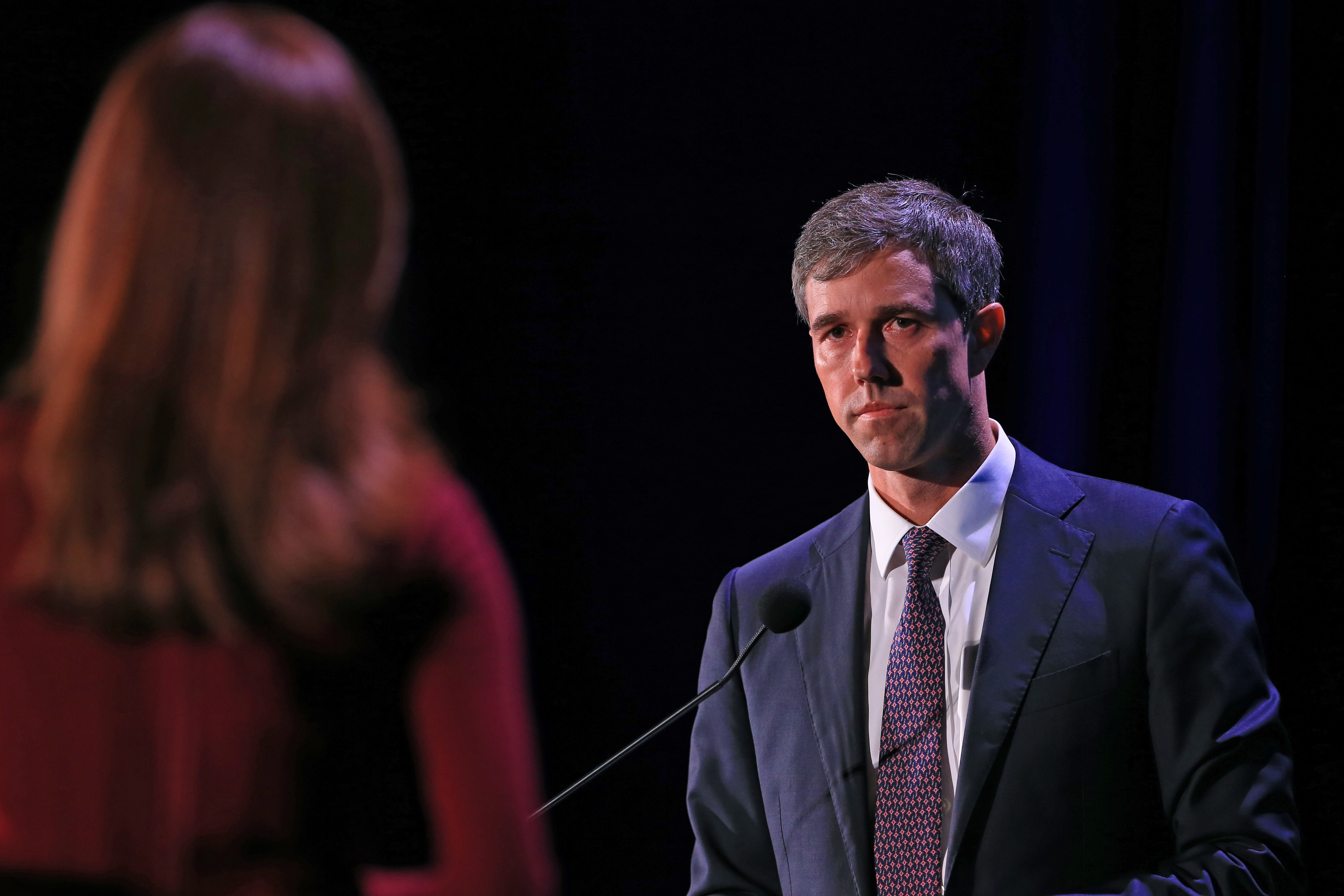
...We make sure, in our plan, that everyone who's working can focus on just one job, because they're paid a living wage, $15 an hour as the floor. And they can take time off to take care of themselves or their families or their children with paid family leave in every part of this country. And childcare, which is out of reach, because it is unaffordable for so many families, is made affordable under our plan, doubling the block grants that we send to states to make childcare affordable.
CONTENIDO RELACIONADO
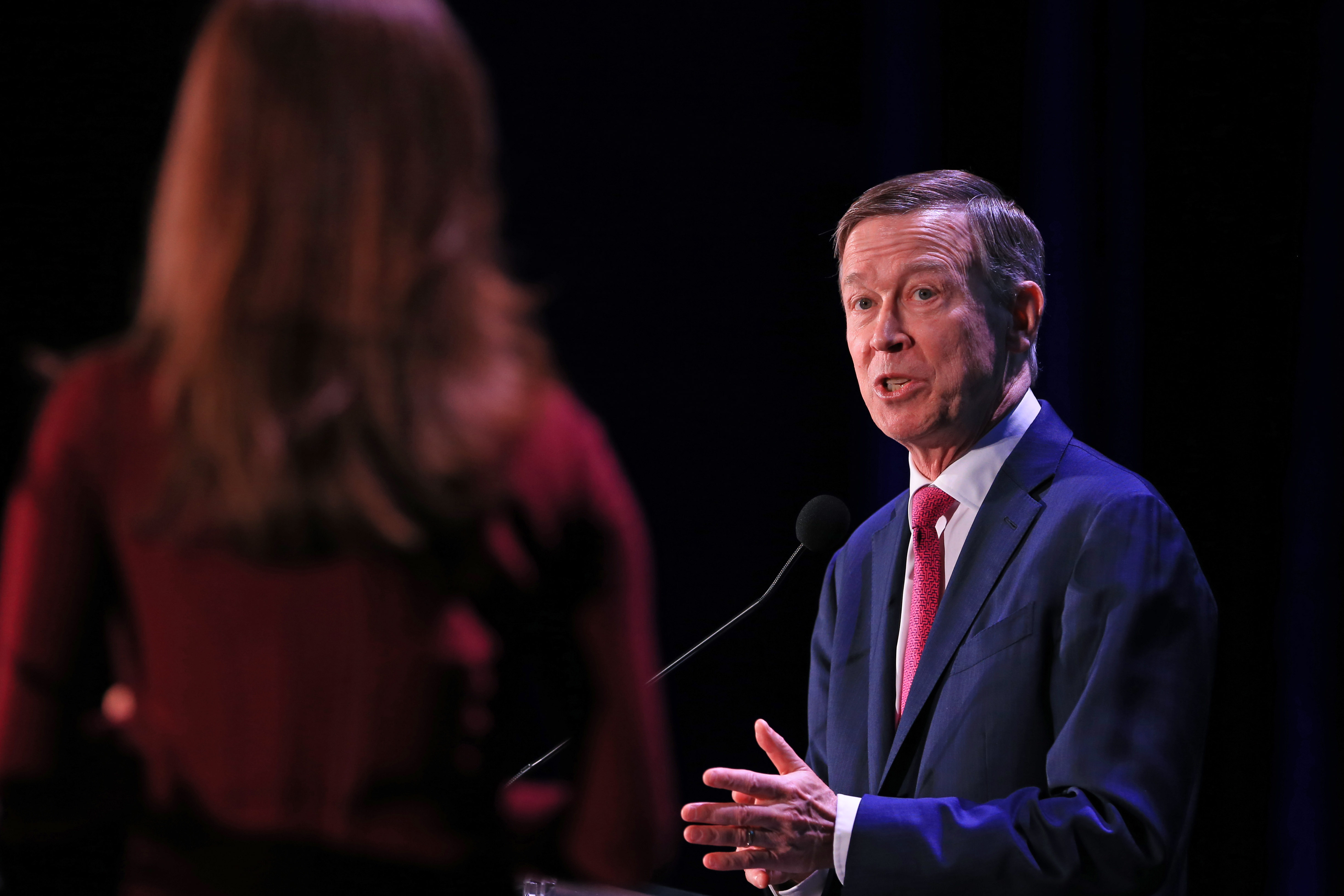
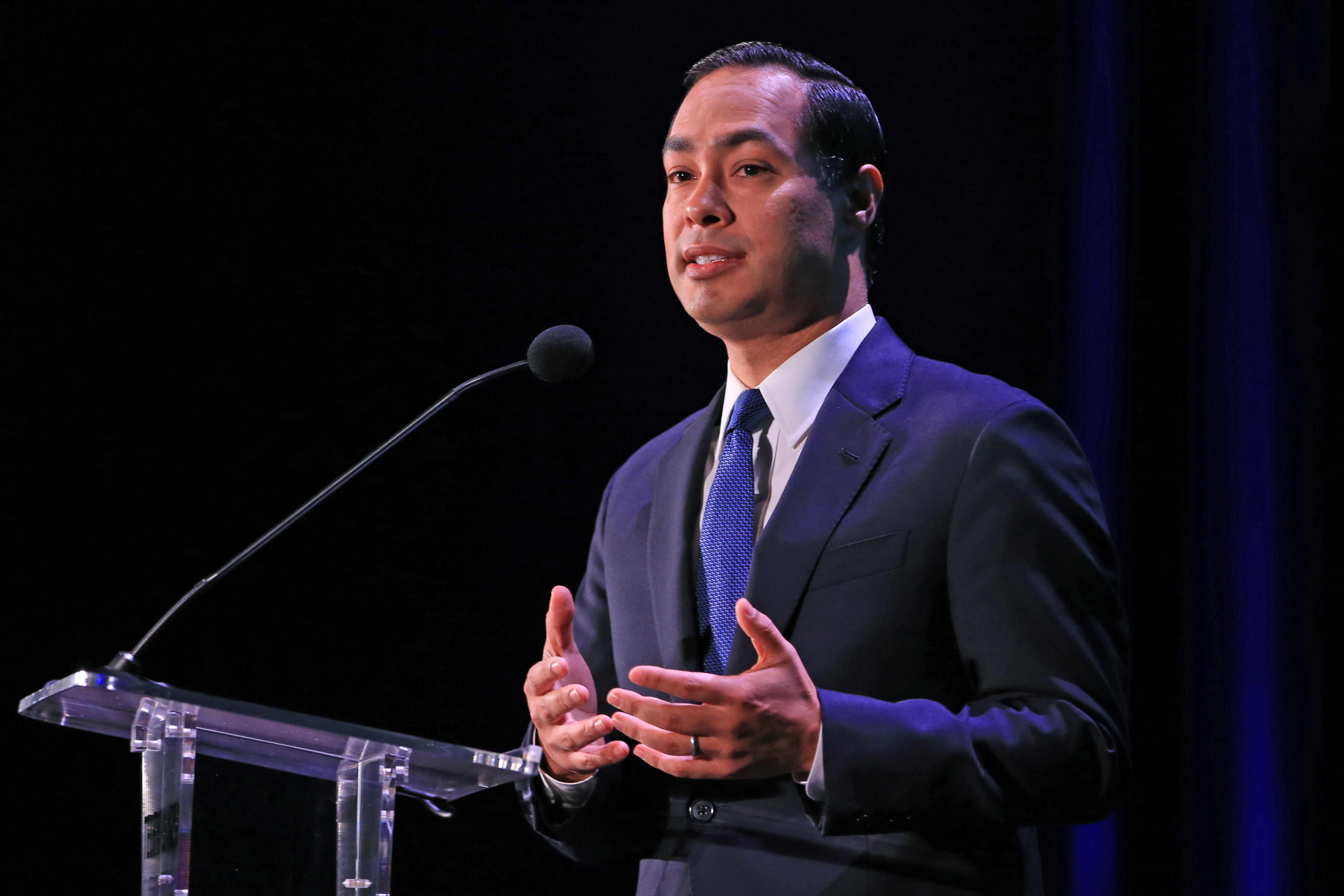
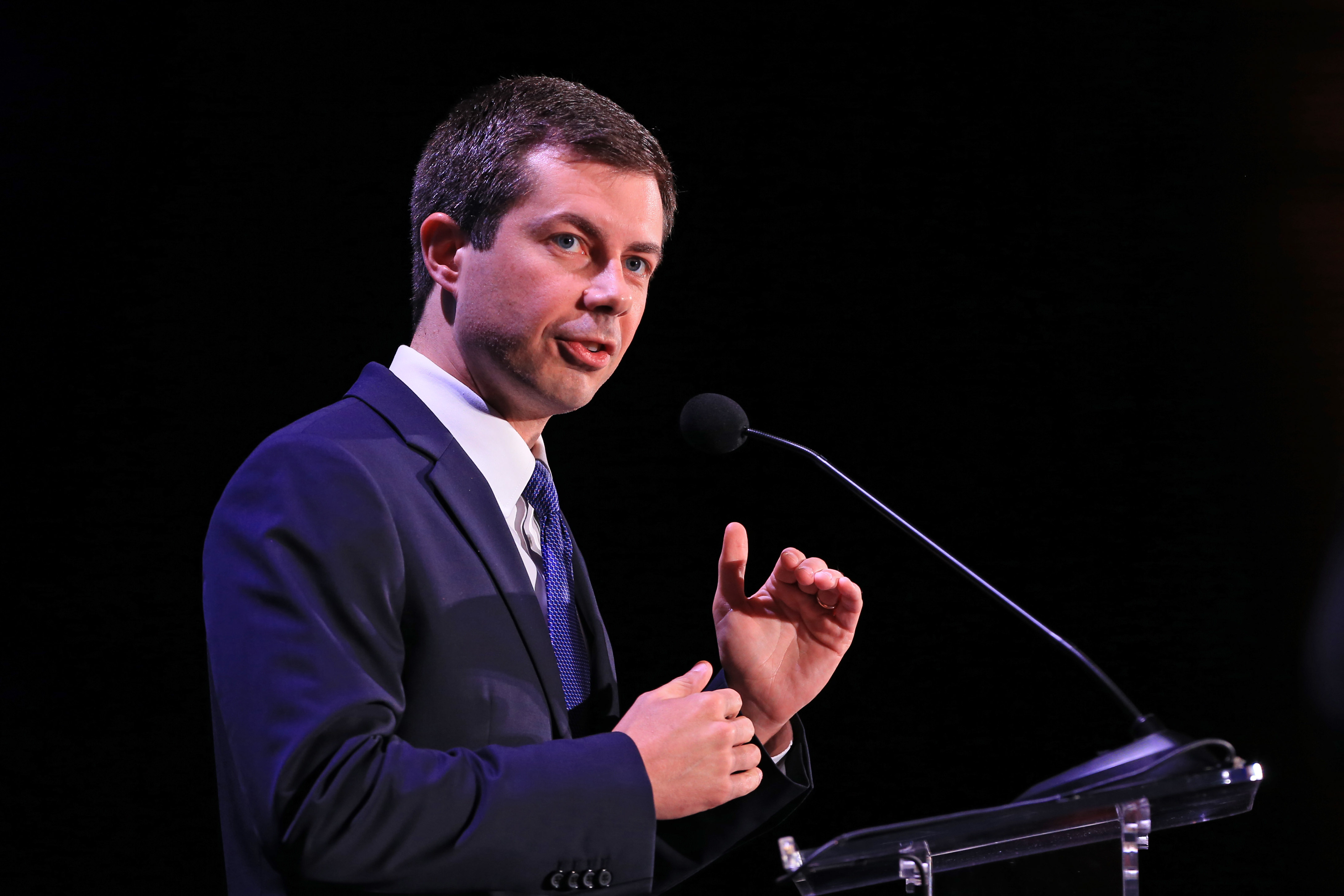
Some of these solutions will be complex...But some of the solutions are abundantly simply, like, people need to get paid more. And that's why we've gotta raise the minimum wage to $15, as a beginning. And when we do, that will disproportionately benefit Latino workers, so many of whom are in those jobs.
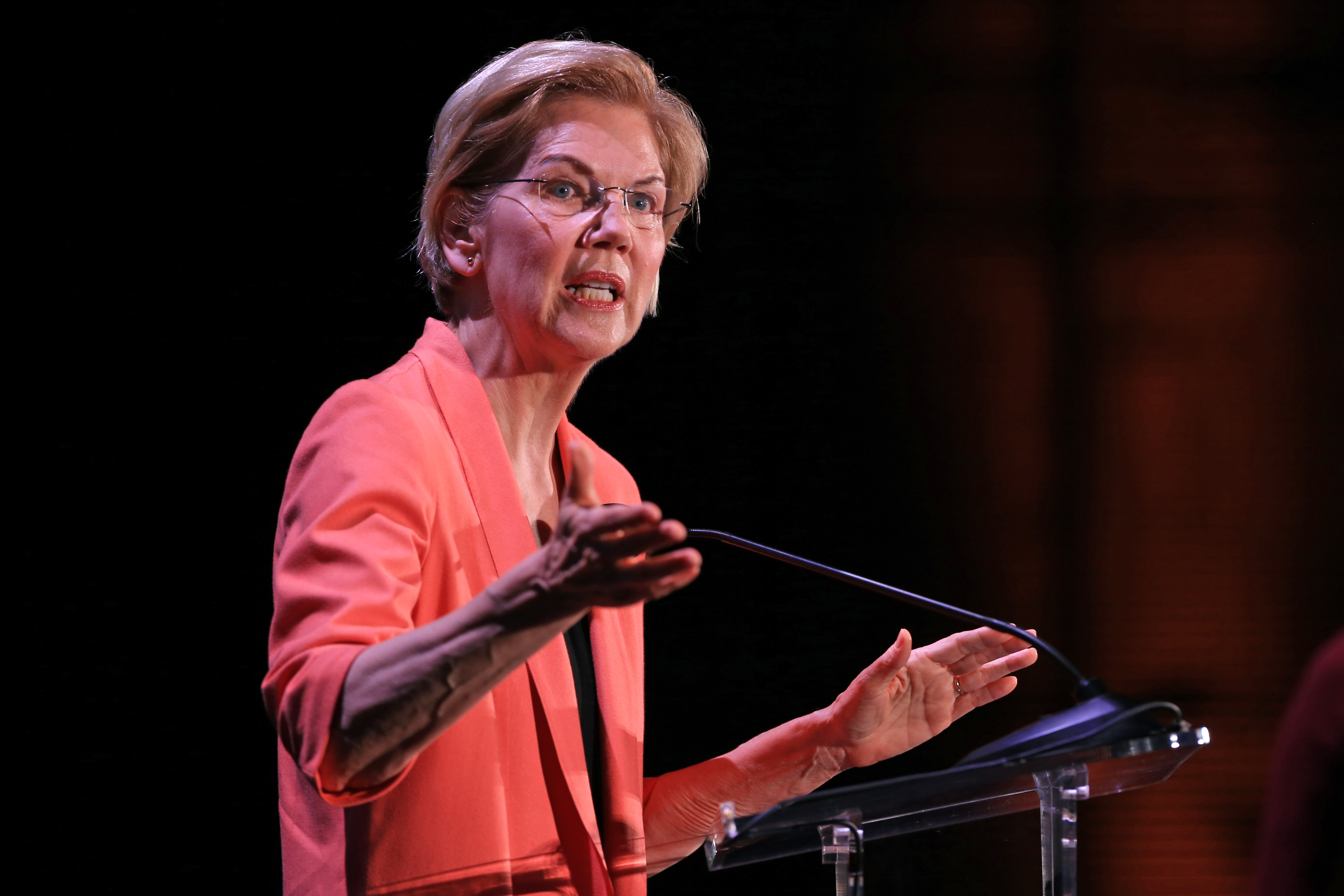
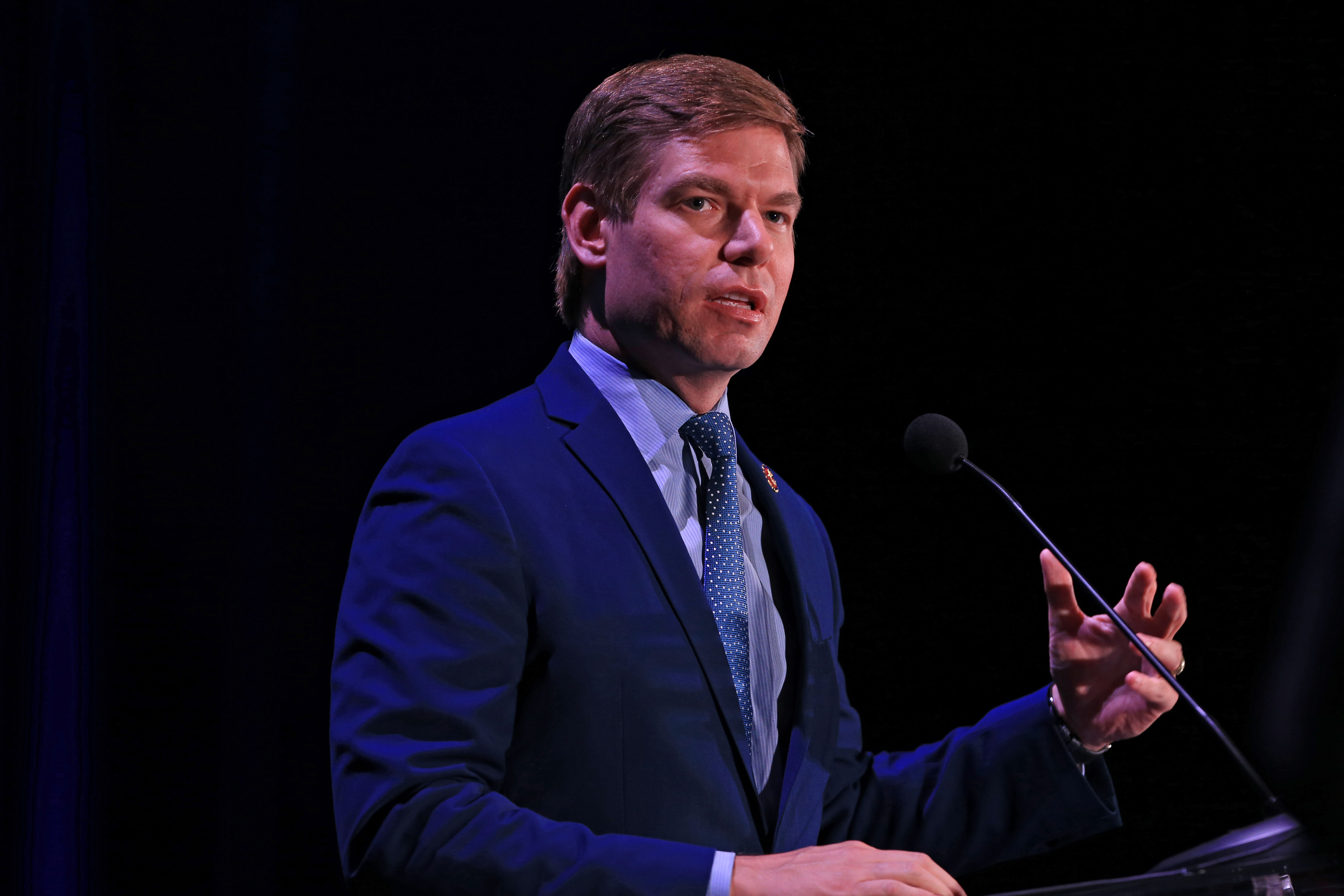
Invest in the future. And see that those investments will have a return that will bring down our debt and expand opportunity for more people. I come from a town called Dublin, California...It was right smack in the middle of the middle class. And we didn't really have too many high paying jobs. We had mostly just fast food restaurants. And when I graduated high school, only a third of us went off to college. But over a 15 year period, we invested in rail and connected us to the greater San Francisco Bay Area. We rebuilt the high school. We're able to entice businesses to come in. If they were able to create jobs, we returned their sales tax dollars to them. We grew out of the great economic recession.
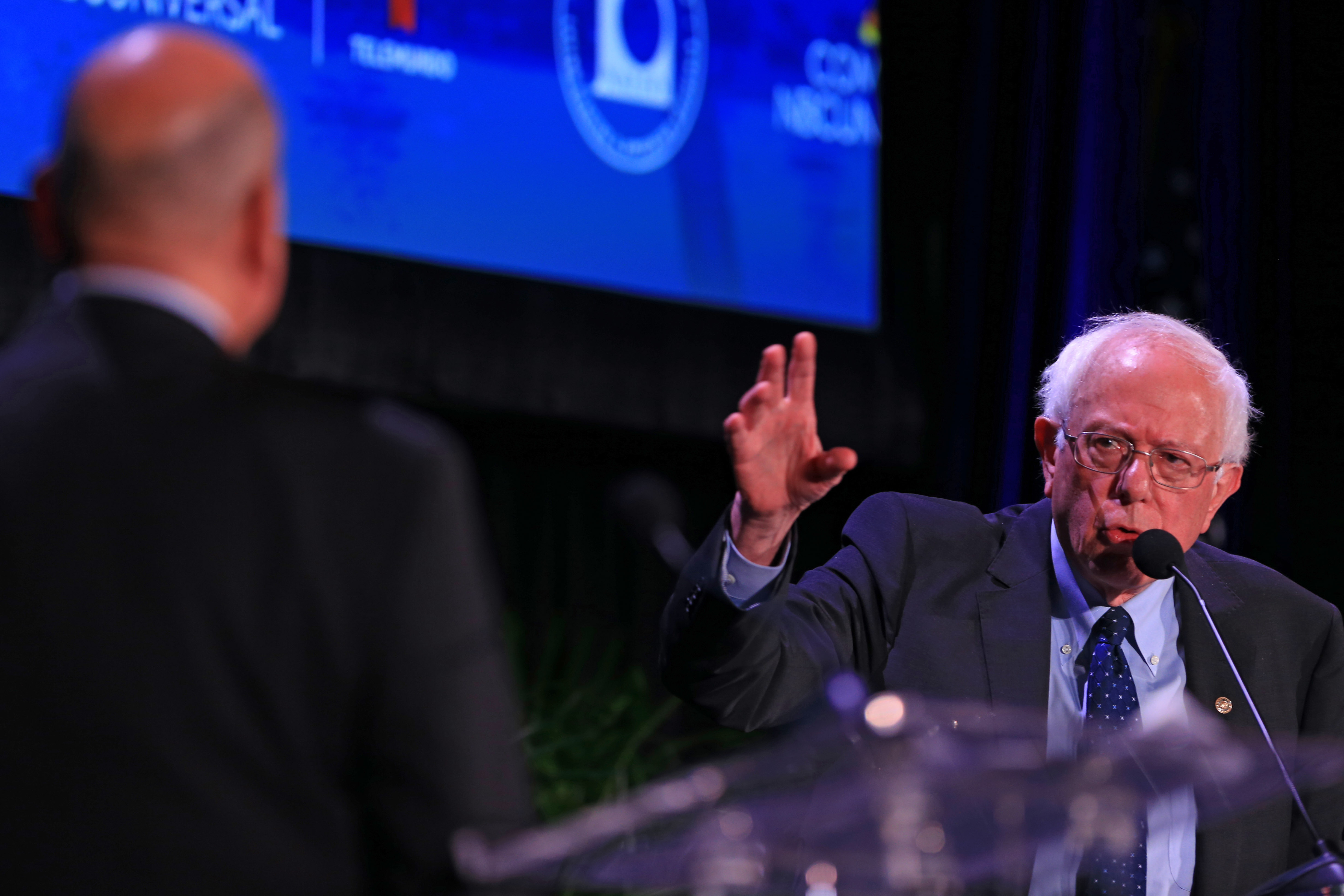
I believe that healthcare is a human right. I will not allow 30,000 Americans every year to die because they don't have access to a doctor. And I will end the insanity of...people going bankrupt because they come out of a hospital with an outrageous bill they cannot pay.
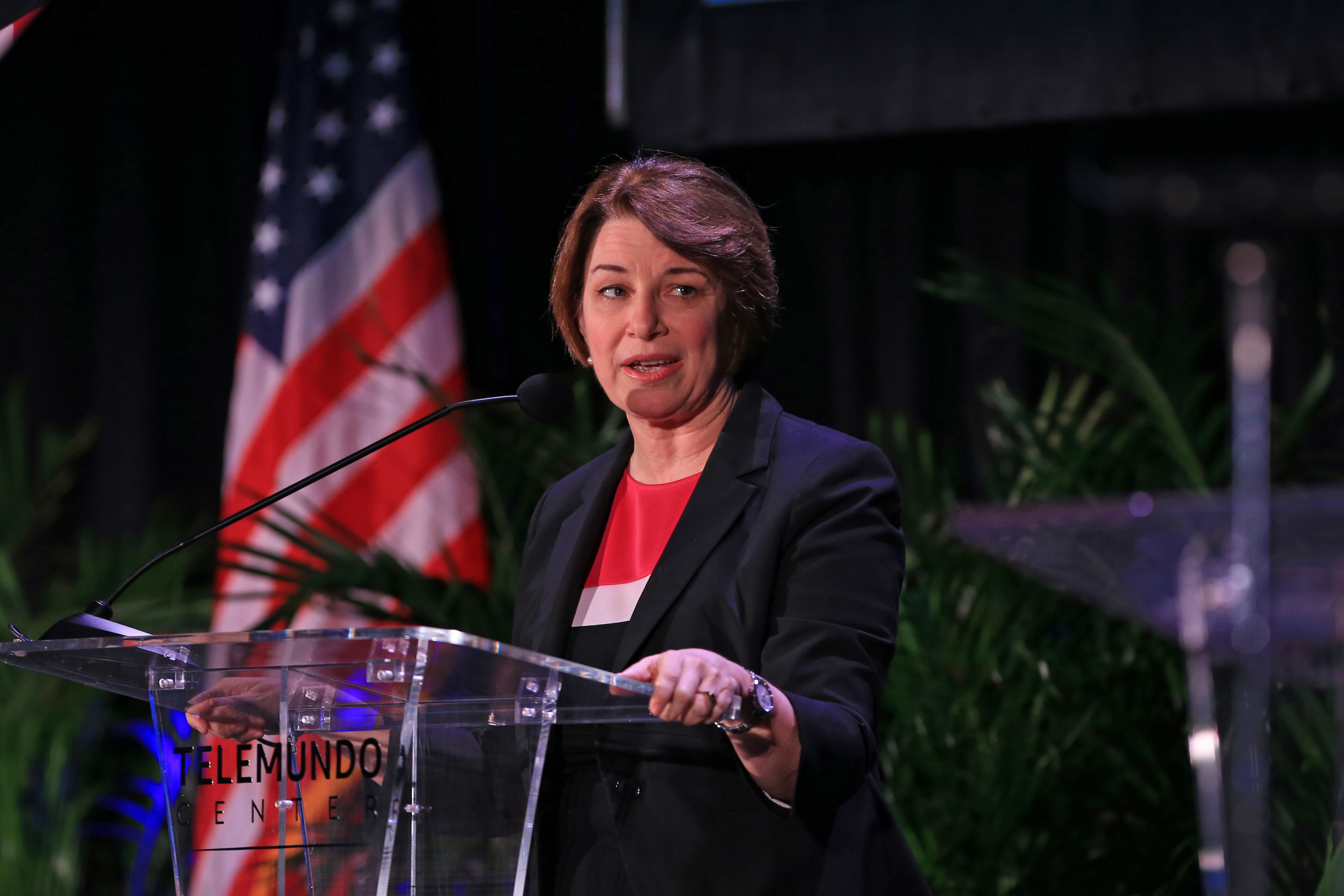
So my problem with this president right now, when you look at this tax bill...that added $1 trillion to the debt, where most of those benefits go to the wealthiest at the top. That does not help Americans move ahead... you look at the kind of playing field that you need for people to succeed, if they come from nothing. It's not the world that Donald Trump envisioned. It's not the world that he wants to see for all of us.










DEJE UN COMENTARIO: